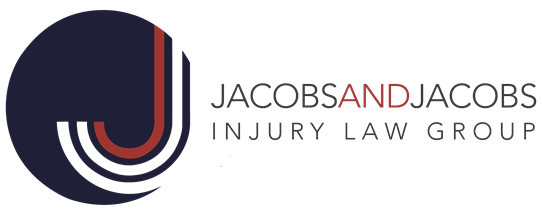
Understanding Worker’s Compensation Claims vs. Personal Injury Claims
When you’re injured, the process of seeking compensation can seem overwhelming. Two common ways to seek compensation are through worker’s compensation claims and personal injury claims. While both aim to help those who have been harmed, they differ significantly in scope, requirements, and the type of compensation available. Here’s a breakdown of what you need to know about each.
What Are Worker’s Compensation Claims?
Worker’s compensation, often referred to as worker’s comp, is a form of insurance that provides financial benefits to employees who suffer job-related injuries or illnesses. The primary purpose of worker’s comp is to cover expenses incurred due to an injury sustained at work, regardless of who was at fault. This means you can receive compensation even if you were at fault for the injury, as long as the injury happened in the course of your employment.
Key Points of Worker’s Compensation:
- No Fault Required: You don’t need to prove anyone’s fault, including your own, to receive benefits.
- Coverage: Worker’s comp typically covers economic costs such as medical bills, lost wages, and benefits for permanent injuries.
- Limitations: It does not cover non-economic damages like pain and suffering.
What Are Personal Injury Claims?
A personal injury claim can be made by anyone who suffers harm due to someone else’s negligence or intentional actions. Unlike worker’s comp, a personal injury claim is not restricted to injuries occurring at work. The primary factor in a personal injury claim is proving that another party was at fault for your injuries.
Key Points of Personal Injury Claims:
- Fault Required: You must prove that another party’s negligence or intentional misconduct caused your injury.
- Broader Compensation: In addition to economic damages such as medical bills and lost wages, personal injury claims can also cover non-economic damages like pain and suffering and loss of convenience.
- Versatility: Can be pursued in various situations beyond the workplace, including car accidents, slip and falls, and medical malpractice.
Worker’s Compensation & Personal Injury Claims Differences
The primary difference between worker’s compensation and personal injury claims lies in the requirement of fault and the scope of compensation:
- Fault: Worker’s comp does not require proving fault, making it a more straightforward process for obtaining benefits. In contrast, personal injury claims require proof of another party’s fault, which can make the process more complex.
- Compensation Scope: Worker’s comp provides benefits limited to economic damages related to the injury, while personal injury claims can result in a broader range of damages, including compensation for pain and suffering.
Navigating Your Options
Dealing with an injury, especially if it occurred at work, can be a daunting process. Understanding the differences between worker’s compensation and personal injury claims is crucial in determining the best course of action for your situation. If you’re unsure about which path to take or need assistance with a complex case, consulting an experienced personal injury lawyer can be beneficial.
At Jacobs & Jacobs, we specialize in simplifying complex cases and guiding you through the compensation process. Whether you’re dealing with a worker’s comp claim or a personal injury case, our team is here to help. Contact us today for a quick quote or reach out through our contact form. Don’t forget to follow our blog for more tips and information!
- Fife
- Graham
- Milton
- Sumner
- Tacoma
- Buckley
- Edgewood
- Puyallup
- Spanaway
- South Hill
- Frederickson
- Orting
- Pierce County
- Fircrest
- North Puyallup
- Eatonville
- Bonney Lake
- North End
- South Tacoma
- Central Tacoma, Tacoma
- Kent
- SeaTac
- Renton
- Vashion Island
- Gig Harbor
- Federal Way
- Olympia
- Shelton
- Tumwater
- Yelm
- Enumclaw
- Auburn
- Maple Valley
- Tukwila
